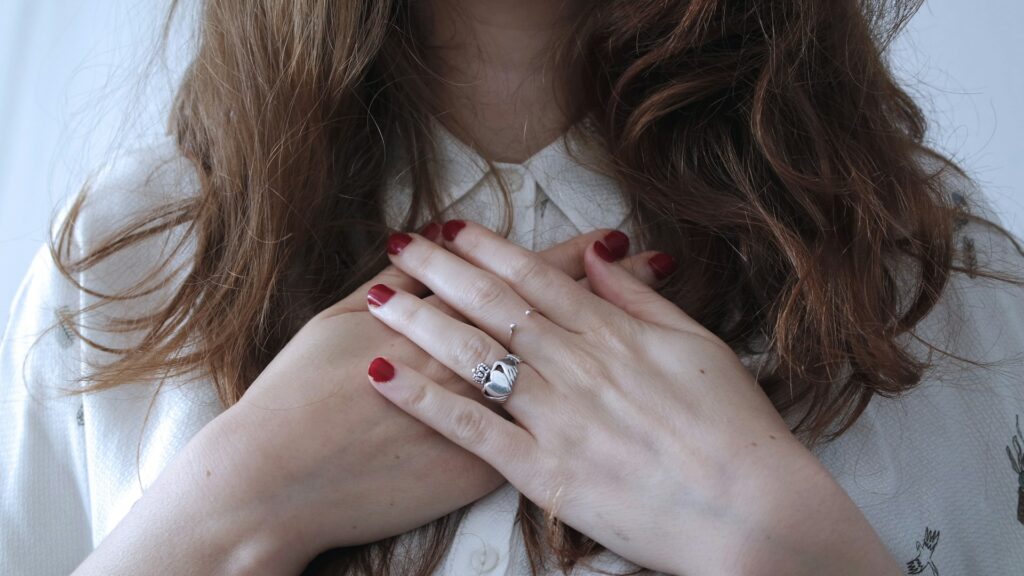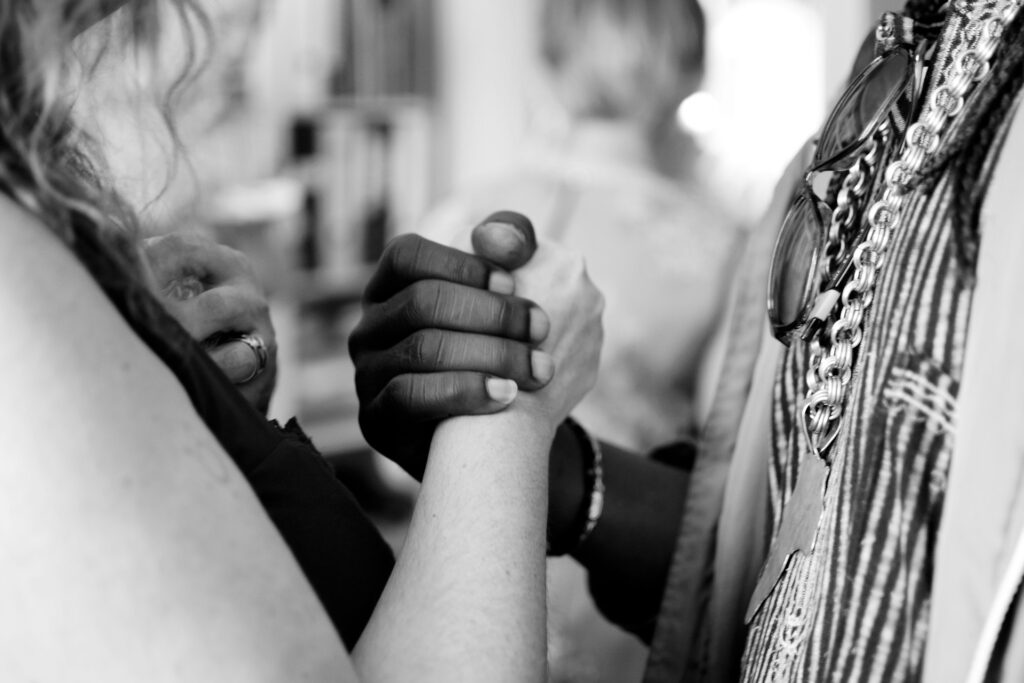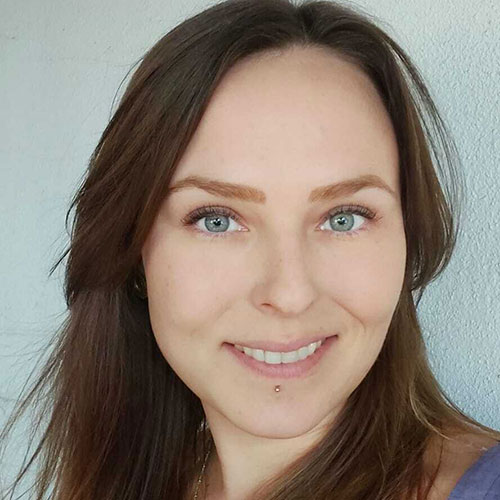Childhood experiences shape how people grow and live as adults. For those who were excluded as a child, the effects often remain long after the early years. Repeated rejection in schools, families, or friendships leaves marks that carry into adulthood in visible and invisible ways. These individuals may develop traits that help them cope with pain, but the same traits can also bring challenges. Below are 10 common traits that adults often carry when they faced ongoing childhood exclusion.
Struggles with Self-Worth

Adults who grew up facing exclusion often develop fragile self-worth. They may question their value even after clear success in school, work, or relationships. The message they absorbed early on was that they did not belong, and that memory lingers. Even with achievements, they sometimes feel undeserving of recognition or praise. Over time, they can rebuild confidence, but that process requires patience, encouragement, and consistent effort.
Heightened Sensitivity

Those who were excluded in their early years often grow into adults with heightened sensitivity. They notice details others miss, such as a delayed reply or an absent invitation. This awareness sometimes leads to unnecessary worry, but it also helps them tune into other people’s feelings. Their ability to sense rejection makes them cautious, yet it also gives them deeper empathy. Because they know what it feels like to face social isolation in childhood, they often reach out to others who feel left behind.
Strong Independence

When a child learns they cannot always rely on others, independence becomes a survival skill. Many adults who experienced early rejection grow into highly independent individuals. They develop the ability to rely on themselves, solve problems alone, and keep moving forward even when support is lacking. This independence brings resilience and strength during life’s hardships. At the same time, it can make asking for help difficult, since the memory of being excluded as a child often creates fear of depending on others.
Social Anxiety

Adults who faced ongoing exclusion may struggle with social anxiety. They worry about saying the wrong thing, being judged, or failing to fit in. Even casual gatherings can feel overwhelming, as old memories of rejection resurface. This trait often leads them to avoid large groups, but they may feel more comfortable in smaller, trusted circles. Over time, some learn coping strategies that reduce their anxiety, but the shadow of childhood rejection can still follow them.
People-Pleasing Tendencies

Another common trait is a tendency to please others at all costs. Adults who were excluded often learned that approval came only through extra effort. As a result, they may avoid conflict, agree to things they dislike, or sacrifice their own needs for acceptance. This behavior helps them gain friends and build connections, but it also creates stress when they ignore their own boundaries. Breaking this cycle requires learning that their worth does not depend on constantly meeting others’ expectations.
Deep Empathy

While exclusion leaves scars, it can also plant seeds of empathy. Adults who understand rejection firsthand often develop deep compassion for others. They notice when someone is left out and take steps to include them. This trait makes them caring friends, patient partners, and supportive co-workers. The pain of early rejection shapes their ability to connect with people on a meaningful level, turning hardship into strength.
Difficulty Trusting Others

A history of exclusion often makes trusting others more complicated. Adults may fear that opening up will lead to eventual rejection. They sometimes test people before sharing their true selves, creating a barrier in close relationships. While caution helps them avoid hurt, it can also prevent intimacy. Trust grows slowly for them, and they need consistent reassurance before letting others in. This struggle is a lingering effect of being excluded as a child, and it shapes how they approach love and friendship.
Perfectionist Behavior

Perfectionism often grows out of rejection. Adults who were excluded sometimes believe flawless performance will finally bring acceptance. They push themselves to excel in school, careers, or personal goals, hoping success will protect them from judgment. While this drive often leads to achievements, it also creates pressure. No matter how much they accomplish, they rarely feel satisfied. The belief that they must be perfect to be valued is a heavy burden shaped by childhood exclusion.
Creativity as an Outlet

Many who were isolated in childhood turned to creativity as a safe escape. They expressed feelings through writing, art, music, or hobbies that required no outside approval. These outlets became safe spaces where they could explore identity and talent without fear of rejection. As adults, these creative practices remain powerful tools for expression and healing. They transform pain into beauty, offering confidence and purpose when words alone are not enough.
Desire for Belonging

Perhaps the strongest trait is a deep desire for belonging. Adults who experienced rejection in youth often long for close relationships and safe communities. They give loyalty, energy, and care to the places where they finally feel accepted. Their past struggles fuel their determination to build stronger bonds and protect others from similar pain. The memory of being excluded as a child may never fully disappear, but it drives them to create meaningful connections that last.
Closing Thoughts

Exclusion in early years leaves lasting marks, yet those marks do not have to define a person’s whole life. Many adults who went through childhood exclusion grow into strong, empathetic, and resilient people. The traits they develop can present challenges, but they also carry hidden strengths. Healing begins with safe relationships, self-acceptance, and the realization that true value comes from within, not from outside approval.
Disclaimer: This article was created with AI assistance and edited by a human for accuracy and clarity.

